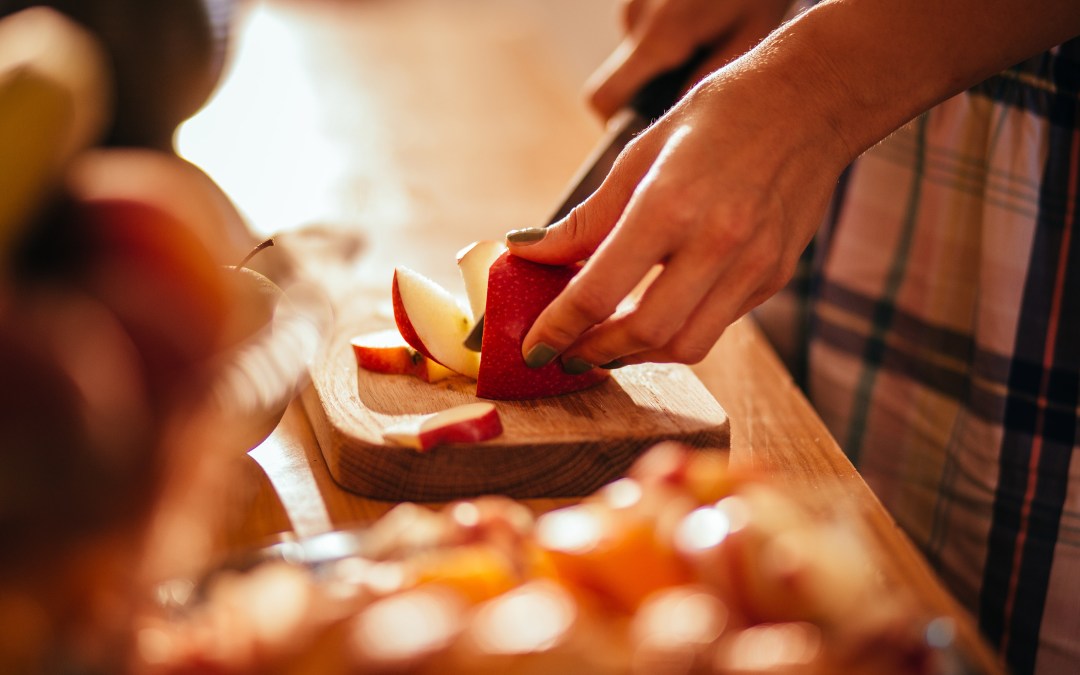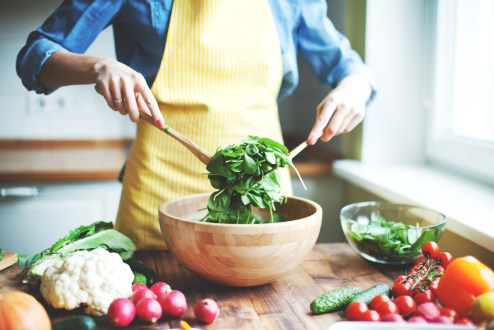How gut health affects how you feel…
Eve Kalinik explores the link between our gut and brain and how that bidirectional relationship can affect how we think and feel. She explores how correctly fuelling our microbiome can give back to us in abundance

5 minute read
When we think about messages between the gut and the brain, we may imagine a conversation from the top down but, in fact, the microbes in our gut communicate with the brain by producing many positive substances. These include short-chain fatty acids (SCFAs), made by our microbiome when fed fibre. SCFAs manage inflammation, support the immune system and may affect the wellbeing of the brain. One to note is butyrate, which plays a major role in the health of the gut barrier, as well as the blood-brain barrier, which can help to support a happier state of mind and a healthier body overall.
Neuronimo!
Our mighty microbes don’t stop there: they are generous givers that process and convert substances to help us best digest and absorb nutrients from our food, which may have an impact on our brain. They have a vital contribution in producing the protein, brain-derived neurotrophic factor – crucial for the health of neurons in the brain, which are seen to be depleted in people with Parkinson’s and Alzheimer’s diseases. The other key nutrient for cognitive health is vitamin B12, largely produced by gut microbes and a lack of which is associated with depression, anxiety and dementia.
To help our microbes in their endeavours, we need to lavish them with an abundance of fibre, which is essential fuel for them. Fibre means vegetables, fruit, nuts and seeds and whole grains. Butter is one of the few dietary sources of butyric acid (aka butyrate) and it also provides healthy fats for the brain, so consider being generous with it on your morning slice of sourdough. Cheese is also a source of butyric acid, which is tasty news for toast. Stewed apples provide microbes with an easily available source of pectin fibre, which is a favourite of butyrate-producing gut bugs. It’s fortuitous then that apples are one of our most plentiful indigenous fruits and we are coming into perfect picking season!
For more from Eve Kalinik, visit evekalinik.com or follow her @evekalinik
Cook
Stewed apples are easy to make and a delicious treat for the microbiome. Cut into chunks and heat gently in a pan with water, enough to cover the base, but not the fruit. Simmer until the appless are soft and the water is absorbed. Honey and cinnamon add sweetness and spice.
Buttery butyric
Try to buy unpasteurised butter as it can provide cultures to support your gut as well as butyric acid. My absolute favourite (and because it tastes amazing!) is Bungay Raw Butter, a disc of golden goodness made in Suffolk – £22 for three 200g packs.
Tummy’s lil helper
A plentiful and diverse intake of fibre should be your first consideration when feeding your microbiome and helping it to produce positive substances, but you can bump it up with a good prebiotic supplement if you struggle to meet your daily quota. Try Bimuno Daily Prebiotic, £11.99 for 30 sachets.
Image: Getty








